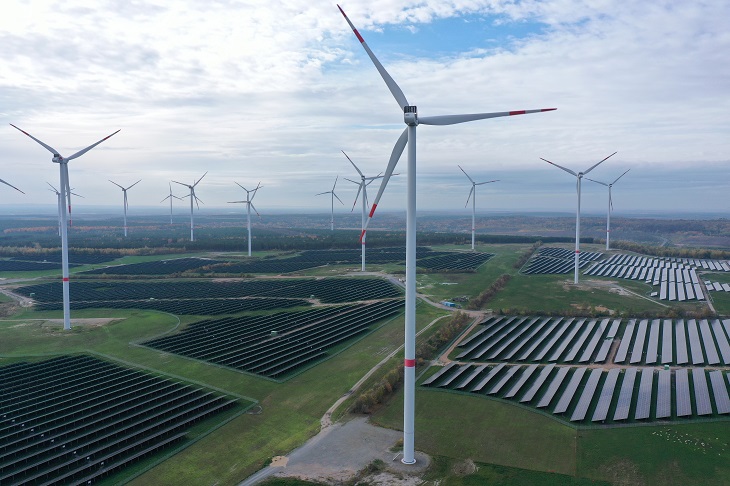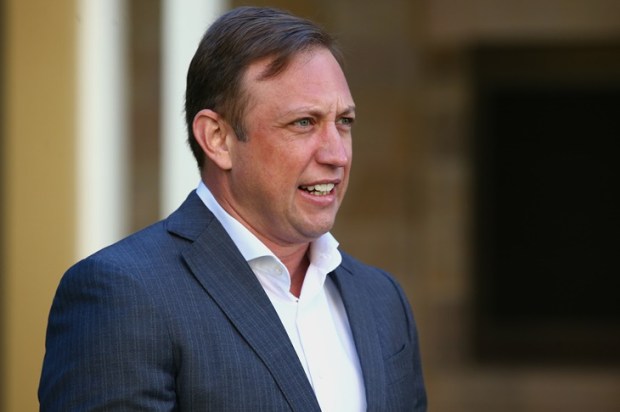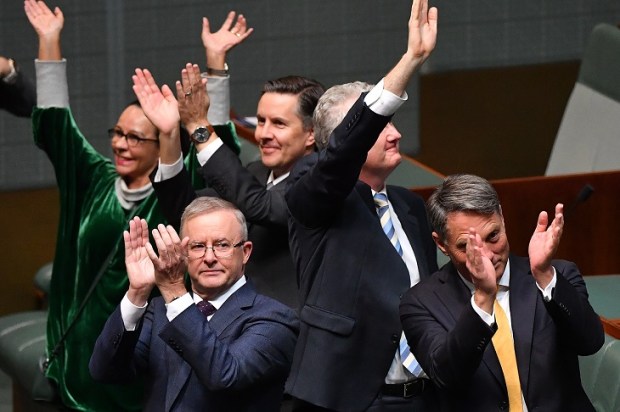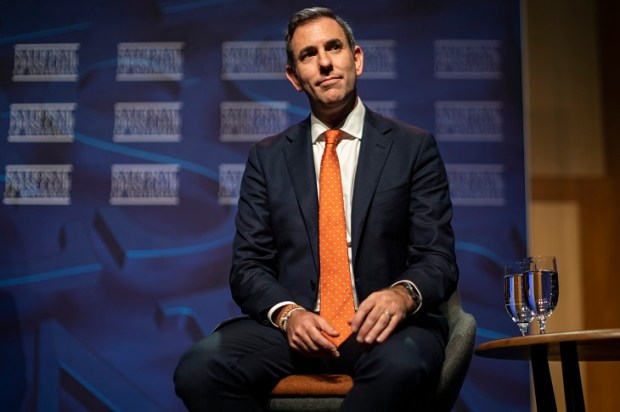The Prime Minister, the Treasurer and the Energy Minister were supposedly somewhat trained as economists, but all three fail to grasp the discipline’s basic principles.
Energy Minister Bowen claims that his renewables program will create 60,000 jobs by replacing ‘legacy’ coal plants with wind and solar facilities plus the increase in power lines and batteries that replacement will entail.
While increases in jobs (and/or income levels) may result from the services stemming from government spending, Mr Bowen’s numbers refer to the gross jobs involved in the construction activities themselves. As those jobs are tax-funded, they are offset by jobs elsewhere in the economy due to lower spending from individuals whose incomes have been reduced by government taxes and regulatory measures.
Mr Bowen’s claim is especially specious since his program replaces low-cost (coal) with high-cost (wind and solar) energy services and therefore has a negative effect on productivity, incomes, and jobs. Like the Treasurer, his conviction is that forcing a ‘transition’ to high-cost low-reliability energy will bring economic benefits.
The forced transition from low-cost reliable energy is being amplified by the present government. One policy driving this is the ‘Safeguard mechanism’ that requires the top 215 CO2 emitters to reduce emissions by 30 per cent on top of that forced by general requirements.
Subsidies to renewables now amount to over $10 billion a year. That $10 billion of wasteful spending is equal to the market value of all wholesale electricity prior to the price escalation caused by renewable subsidies. The adverse effects of this are compounded forcing unsubsidised power stations to close.
Seemingly unaware of the reality of power cost increases, Mr Bowen, through a spokesman, maintains ‘delivering cleaner, cheaper energy across the country is a whole of society imperative’.
Unfortunately, taking down the economy through imposing higher renewable requirements is not the only delinquent policy Labor is pursuing.
In macro terms, the Treasurer has poured additional fuel onto the big spend Covid programs inherited from the Coalition. There is $61 billion in new spending (to its shame the Coalition has actually supported much of this) with $27 billion of new taxes. He claims a bottom-line improvement but this was due to $42 billion in windfall gains due to high commodity prices and new employment (partly through high immigration levels).
For his part, the Minister for Employment, Tony Burke, claims no training in economics. He can therefore excuse his actions in his crusade to destroy the ‘gig’ economy as due to being totally uninformed by a knowledge of the interactions of politics on costs. The ‘gig’ economy is composed of almost entirely non-unionised workers and allows working arrangements in areas ranging from pizza deliveries to mining services to respond to the needs of customers flexibly at low cost. The proposed rigid IR arrangements will impose massive costs on consumers and business, amplified by affording privileges to union recruiters and a Sword of Damocles of uncertainty over the practical implications of the proposals.
This same cavalier attitude to cost impositions is seen in the environment portfolio. The Minister, Tanya Plibersek, is pouring cold water on new projects in northern Queensland by pandering to UN pressures (and her own Green-challenged constituency) by knocking back mines like Clive Palmer’s Central Queensland Coal Project claiming it was ‘likely to have unacceptable impacts to the Great Barrier Reef Marine Park’. Data released by the Australian Institute of Marine Science confirmed the accuracy of measurements and analyses conducted by Dr Peter Ridd that the reef is in great environmental health.
Further courting the environmentalist vote, Ms Plibersek is also reducing the water available to irrigators in the nation’s most important agricultural province, the Murray Darling.
Labor is now halfway through what it hopes to be its first term of government. Aside from driving a cultural divide with its Voice campaign to segregate the nation, so far, its performance has been an unremitting assault on the settings that drive increased productivity and income levels. Sadly, according to opinion polls, the policy is enjoying success in the eyes of an electorate seduced by an avalanche of rhetoric. Hopefully, a realisation of the damage being done will result in policy reversals before the damage becomes permanent.
Got something to add? Join the discussion and comment below.
Get 10 issues for just $10
Subscribe to The Spectator Australia today for the next 10 magazine issues, plus full online access, for just $10.


























Comments
Don't miss out
Join the conversation with other Spectator Australia readers. Subscribe to leave a comment.
SUBSCRIBEAlready a subscriber? Log in